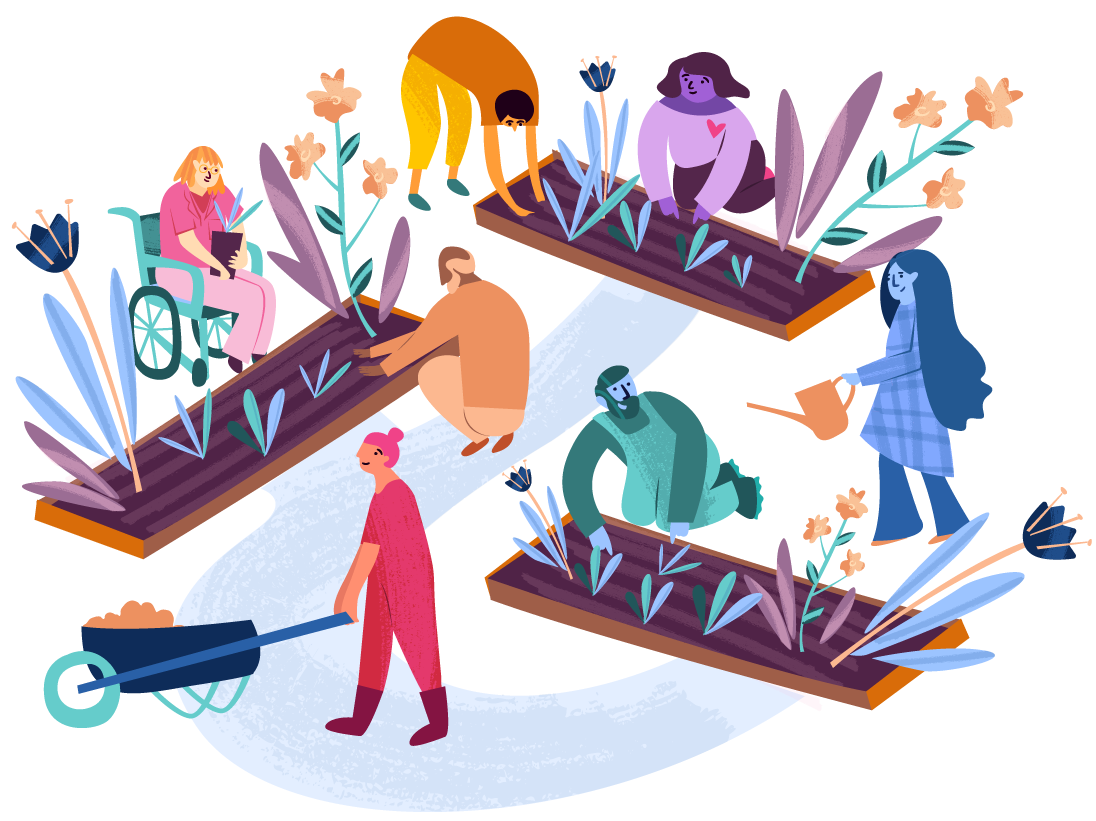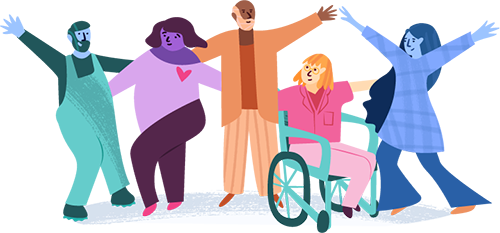
Community Hub
Check out the latest updates from our community of members living with migraine.

Trending Topics

Latest Updates
Status
How are you feeling?

 mrst53Replied to the forum topic May sound like a strange question but how do you pass the time when a migraine hits?Reply
mrst53Replied to the forum topic May sound like a strange question but how do you pass the time when a migraine hits?Reply
 debred35Replied to the forum topic May sound like a strange question but how do you pass the time when a migraine hits?Reply
debred35Replied to the forum topic May sound like a strange question but how do you pass the time when a migraine hits?Reply CommunityMember9789294Replied to the forum topic Conversation of the Week: The Unpredictability of Migraine & Mental HealthReply
CommunityMember9789294Replied to the forum topic Conversation of the Week: The Unpredictability of Migraine & Mental HealthReply

 q2ctglReplied to the forum topic Conversation of the Week: The Unpredictability of Migraine & Mental HealthReply
q2ctglReplied to the forum topic Conversation of the Week: The Unpredictability of Migraine & Mental HealthReply
Please keep our community rules in mind when posting. Questions or concerns? Email us at contact@migraine.com.
